File picture of Mustafizur Rahman playing in the IPL
| Photo Credit: Emmanual Yogini
The Pakistan Cricket Board (PCB), through its official PSL…
File picture of Mustafizur Rahman playing in the IPL
| Photo Credit: Emmanual Yogini
The Pakistan Cricket Board (PCB), through its official PSL…
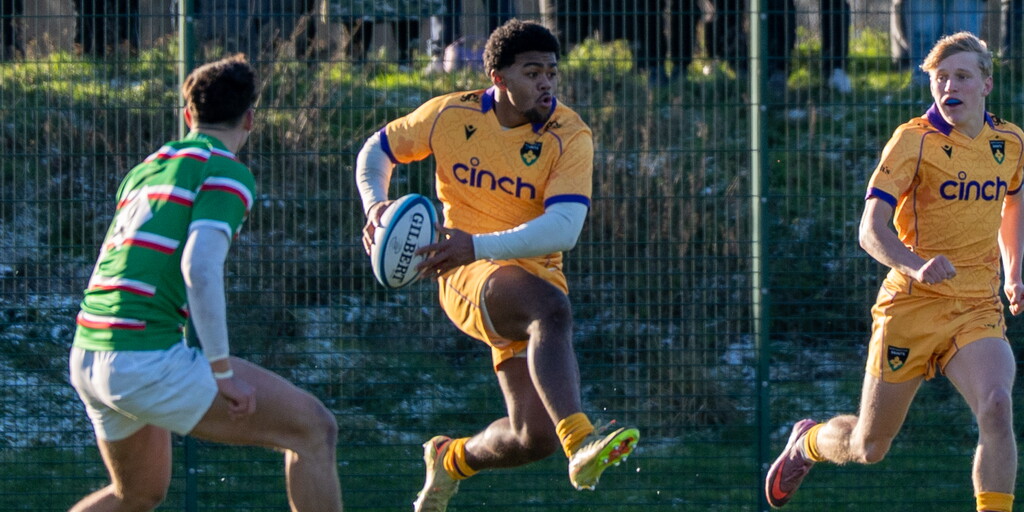
The young Saints head to the north east second place in the league with three wins from four; however, Marshall is under no illusions that the Red Bulls will be an easy task for the U18s.
“I think this period of fixtures is tricky for…
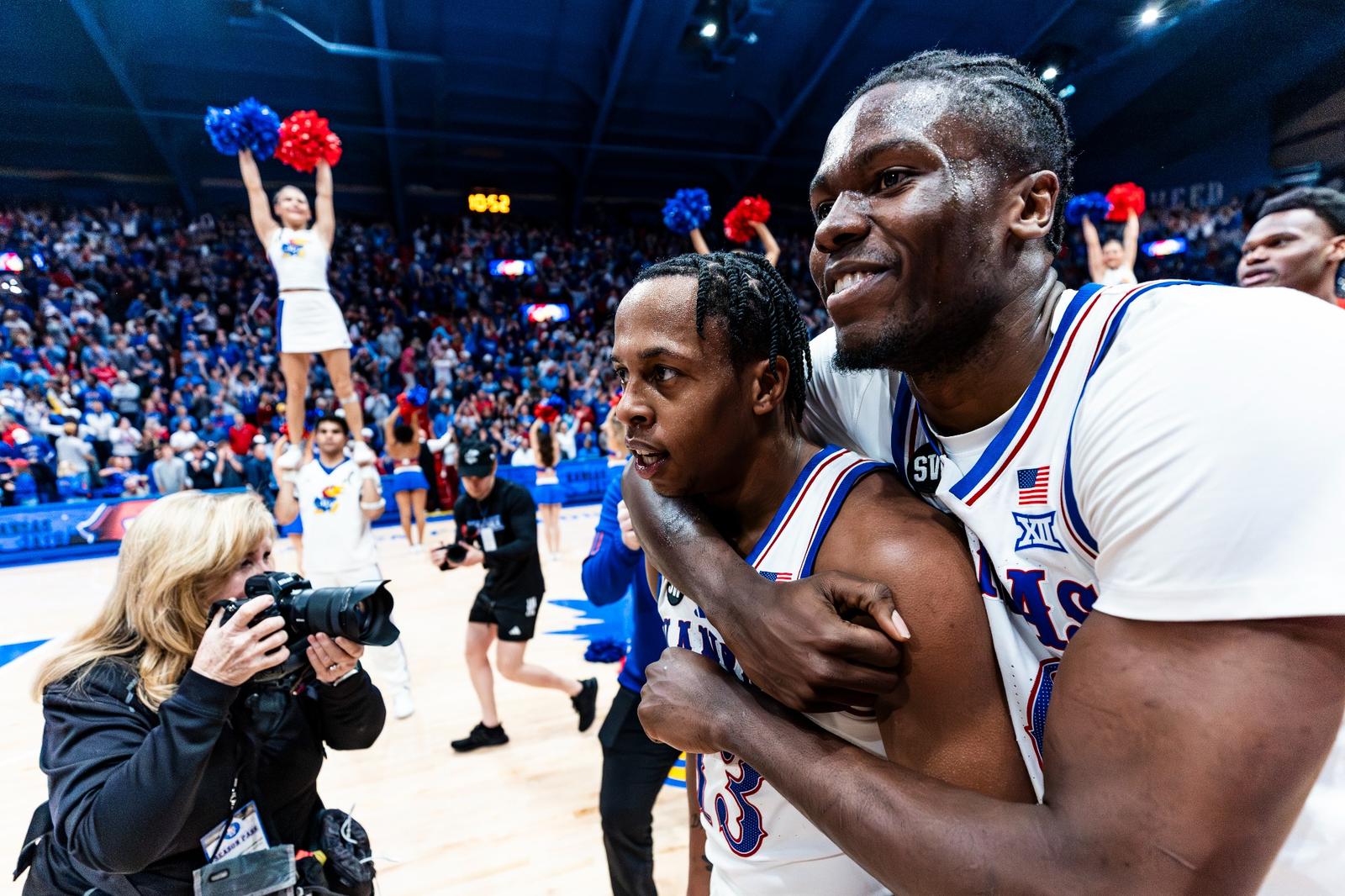
LAWRENCE, Kan. (AP) — Darryn Peterson scored 32 points, including three crucial free throws in regulation to tie the game, and No. 22 Kansas erased a double-digit deficit to outlast TCU 104-100 in overtime on Tuesday night.
Kansas (11-4, 1-1…
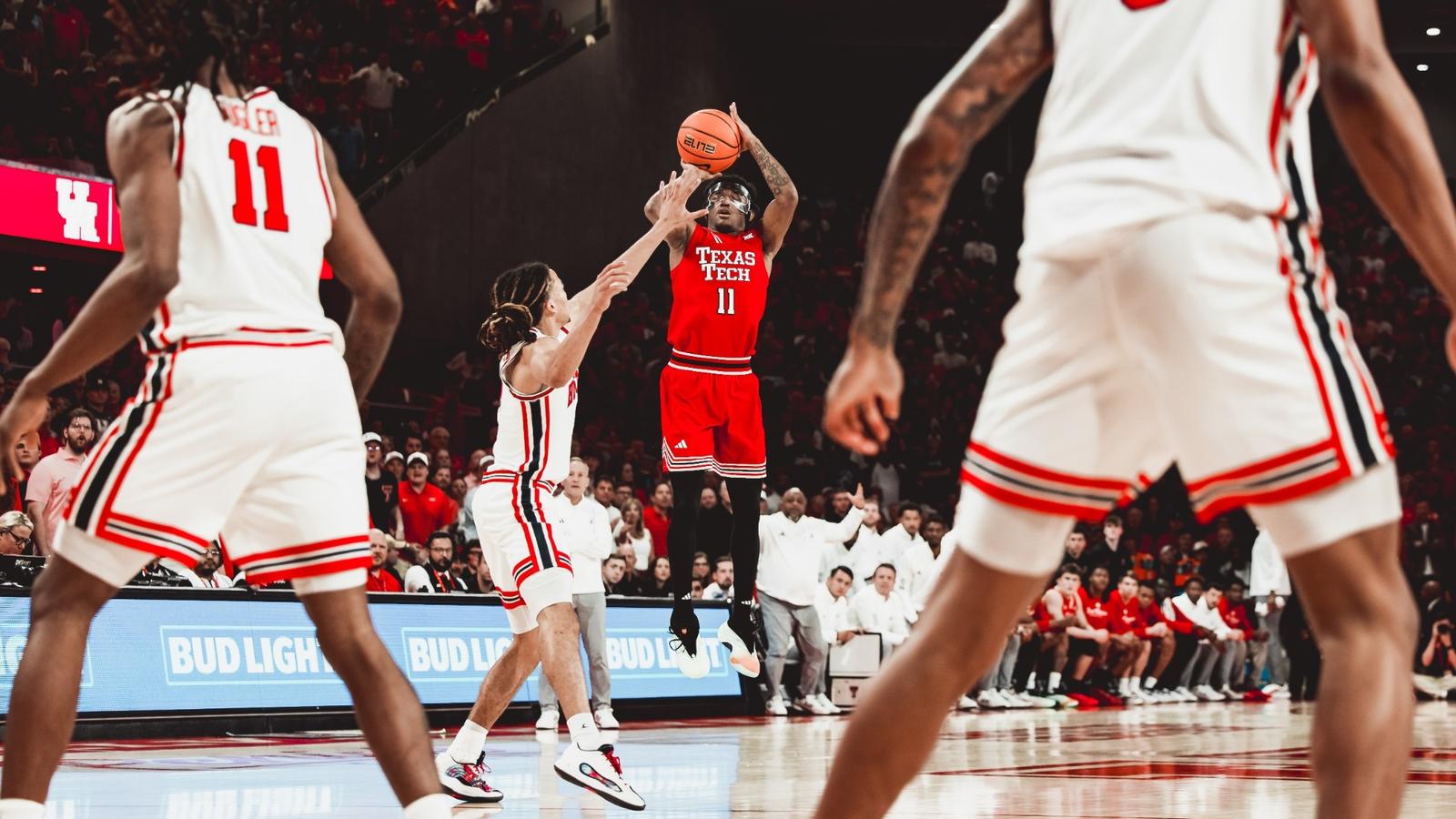
HOUSTON – No. 14 Texas Tech led for the majority of the second half in a game with seven lead changes and six ties but couldn’t hold off No. 7 Houston which secured a 69-65 win on Tuesday at the Fertitta Center. The Red Raiders (11-4, 1-1 Big…
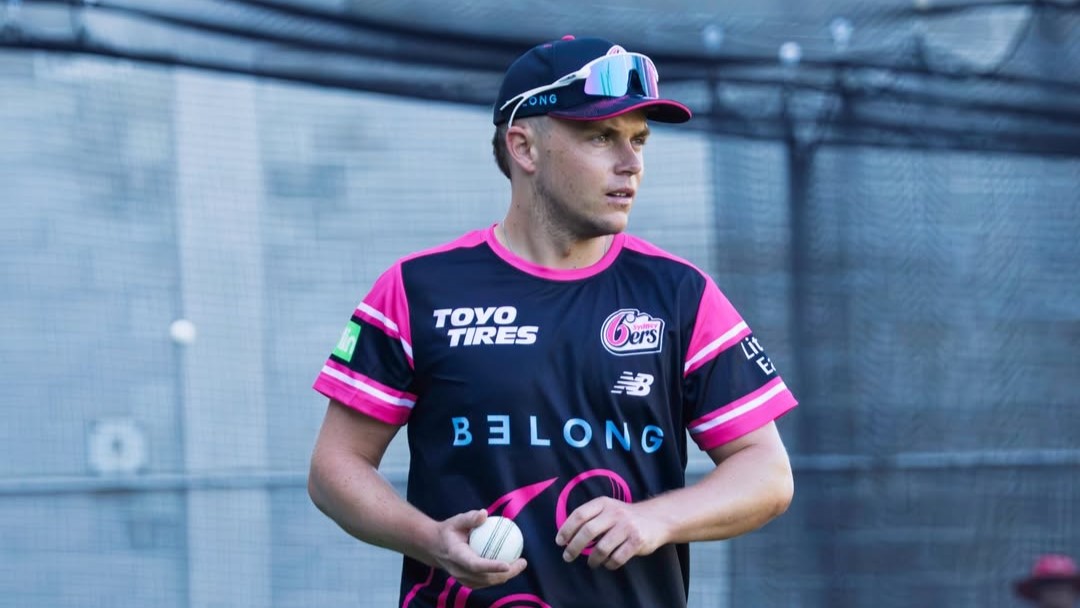
The Sydney Sixers have named a 14-player squad for tomorrow’s clash against the Melbourne Stars at the Melbourne Cricket Ground, with international recruit Sam Curran joining the group.
Fresh off his player of the final…

MADISON, Wis. — — Nolan Winter and Nick Boyd combined for 23 first-half points, and Wisconsin jumped out early to beat UCLA 80-72 on Tuesday night.
Winter scored 12 points, and Boyd added 11 to help Wisconsin build a 45-31…
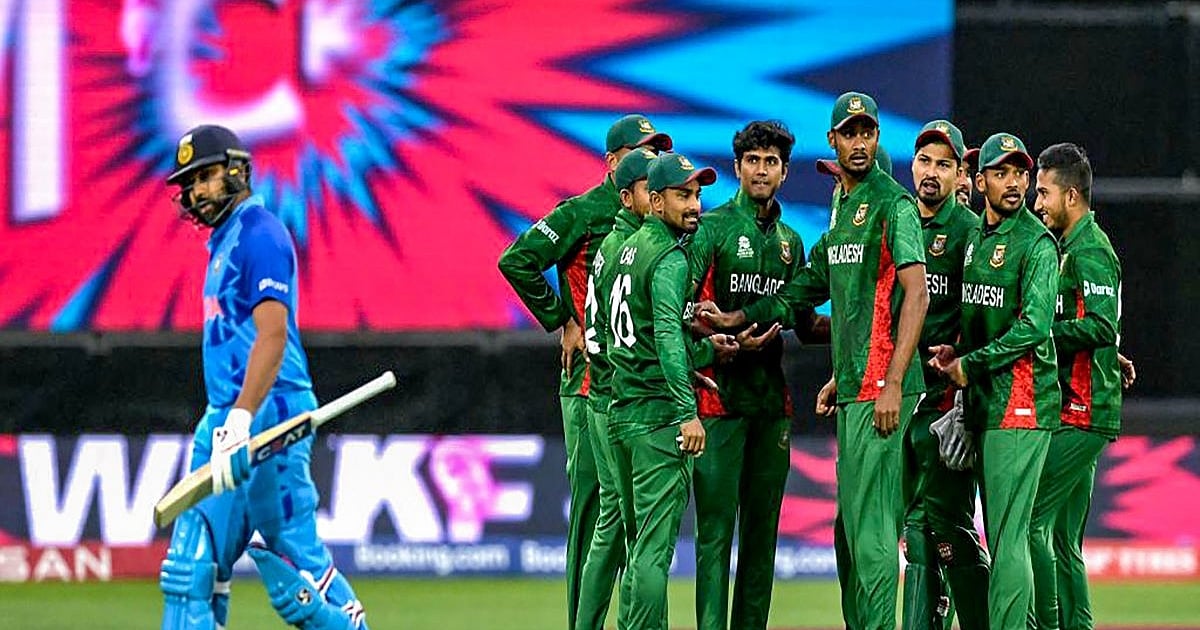
According to Bangladesh Cricket Board sources, their president Aminul Islam Bulbul wants a written reply to an e-mail BCB has sent to ICC on their security apprehensions after BCCI decided to oust Mustafizur by instructing KKR to cancel its Rs…